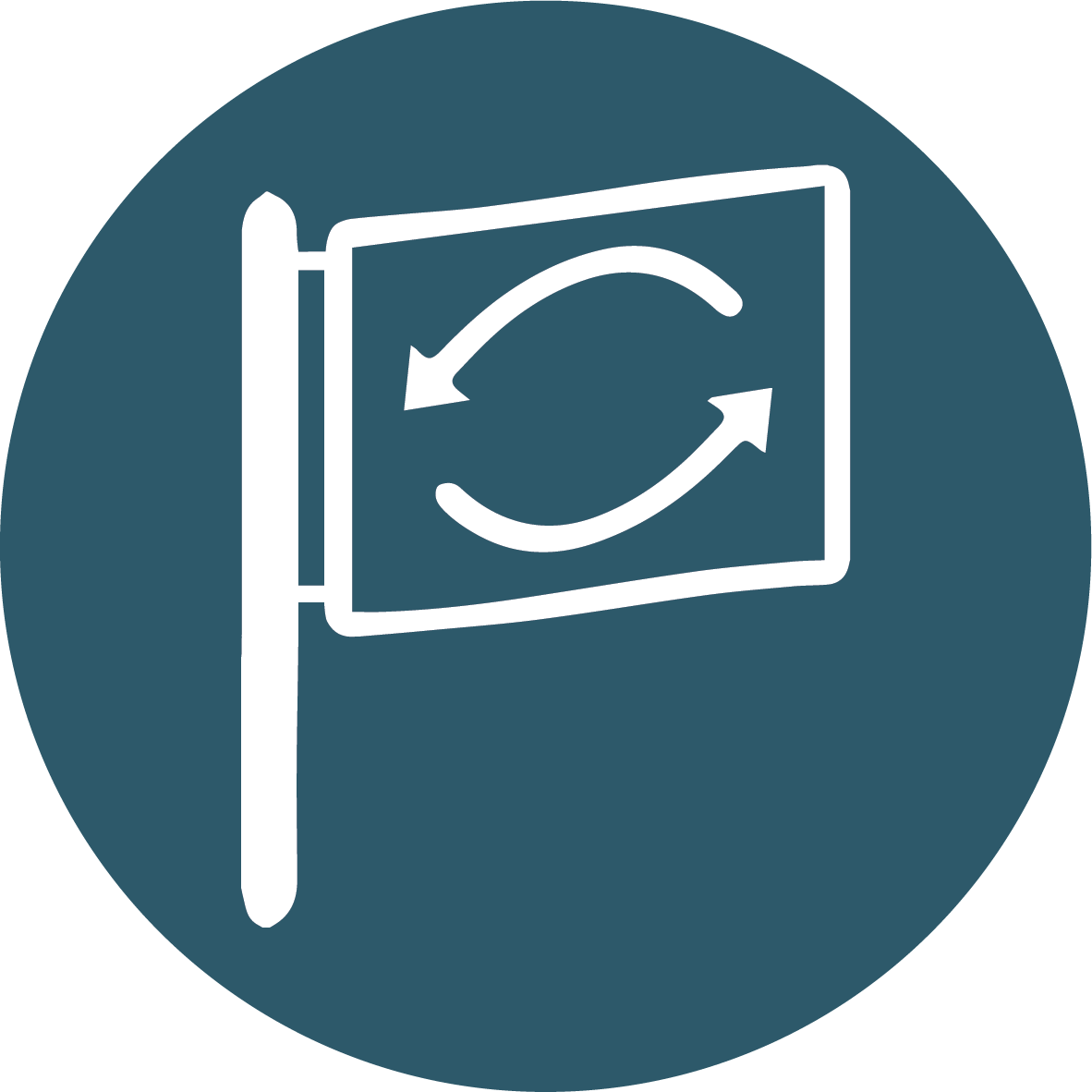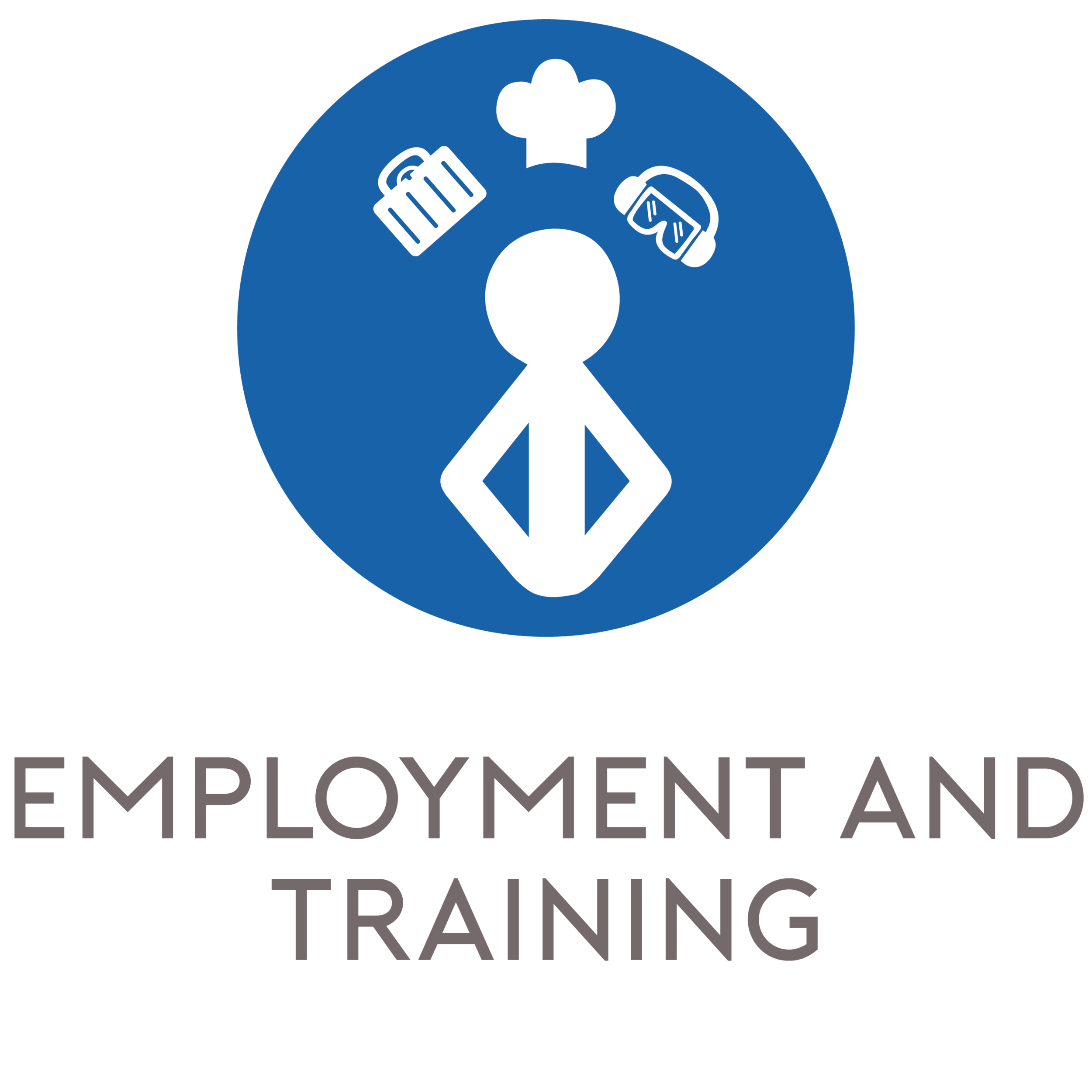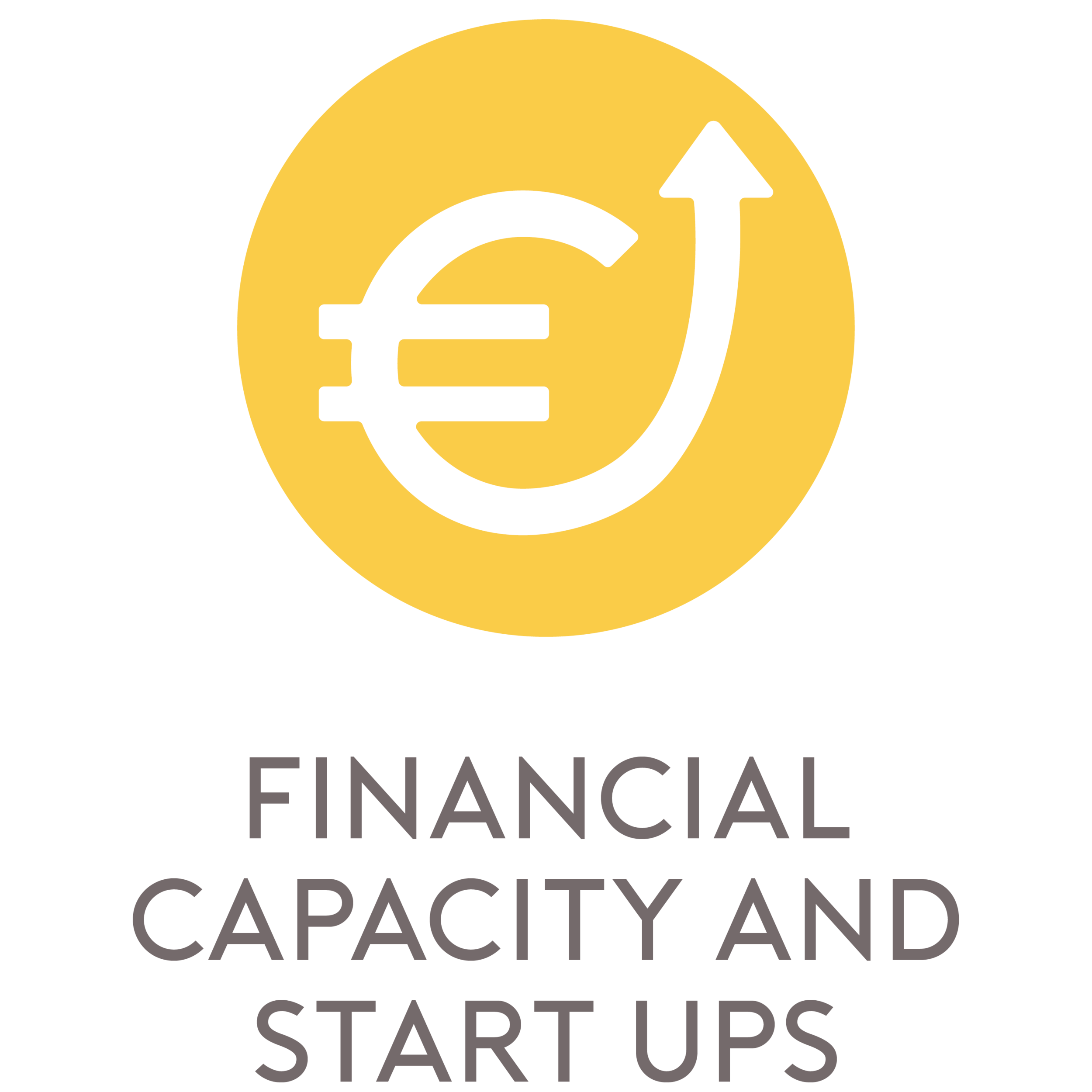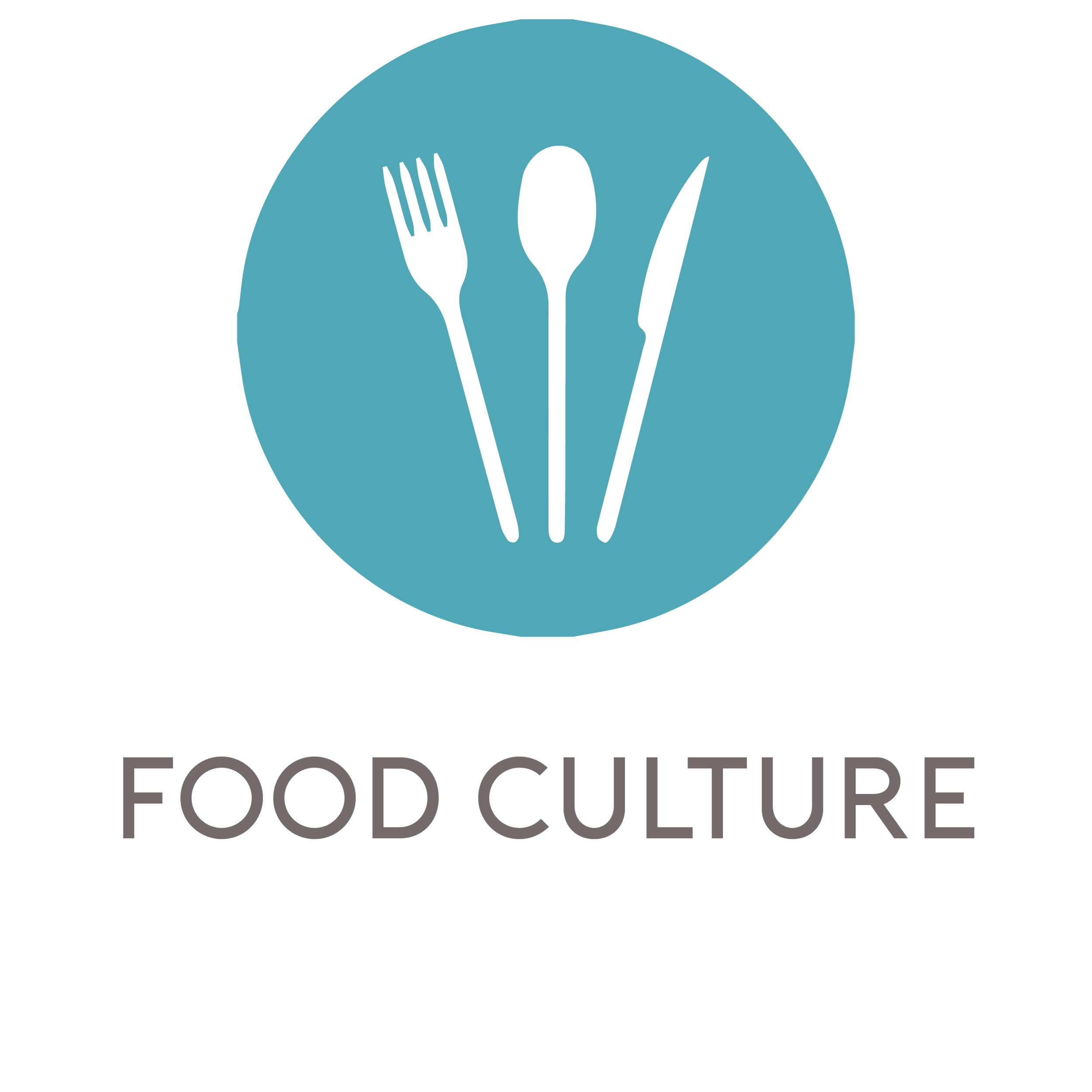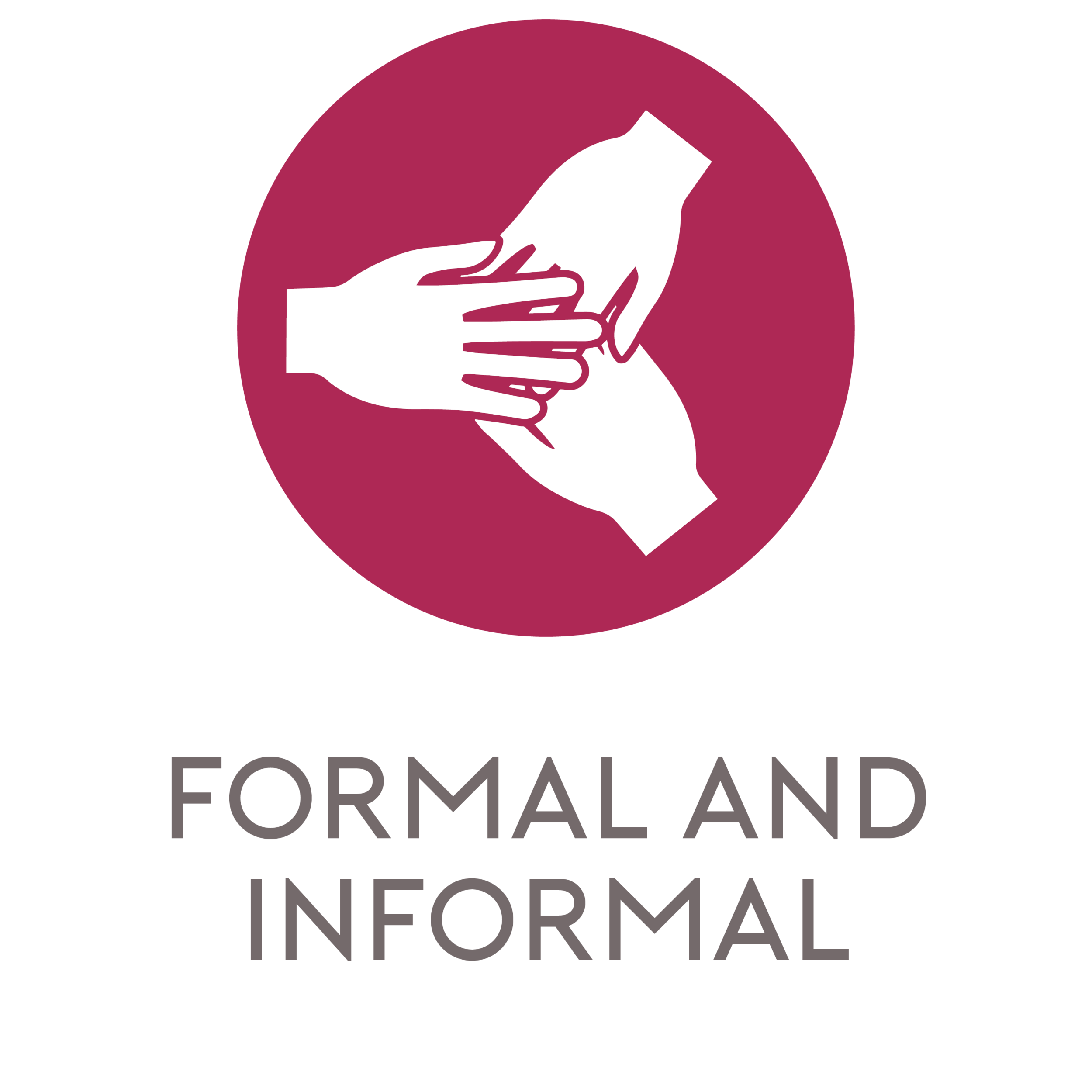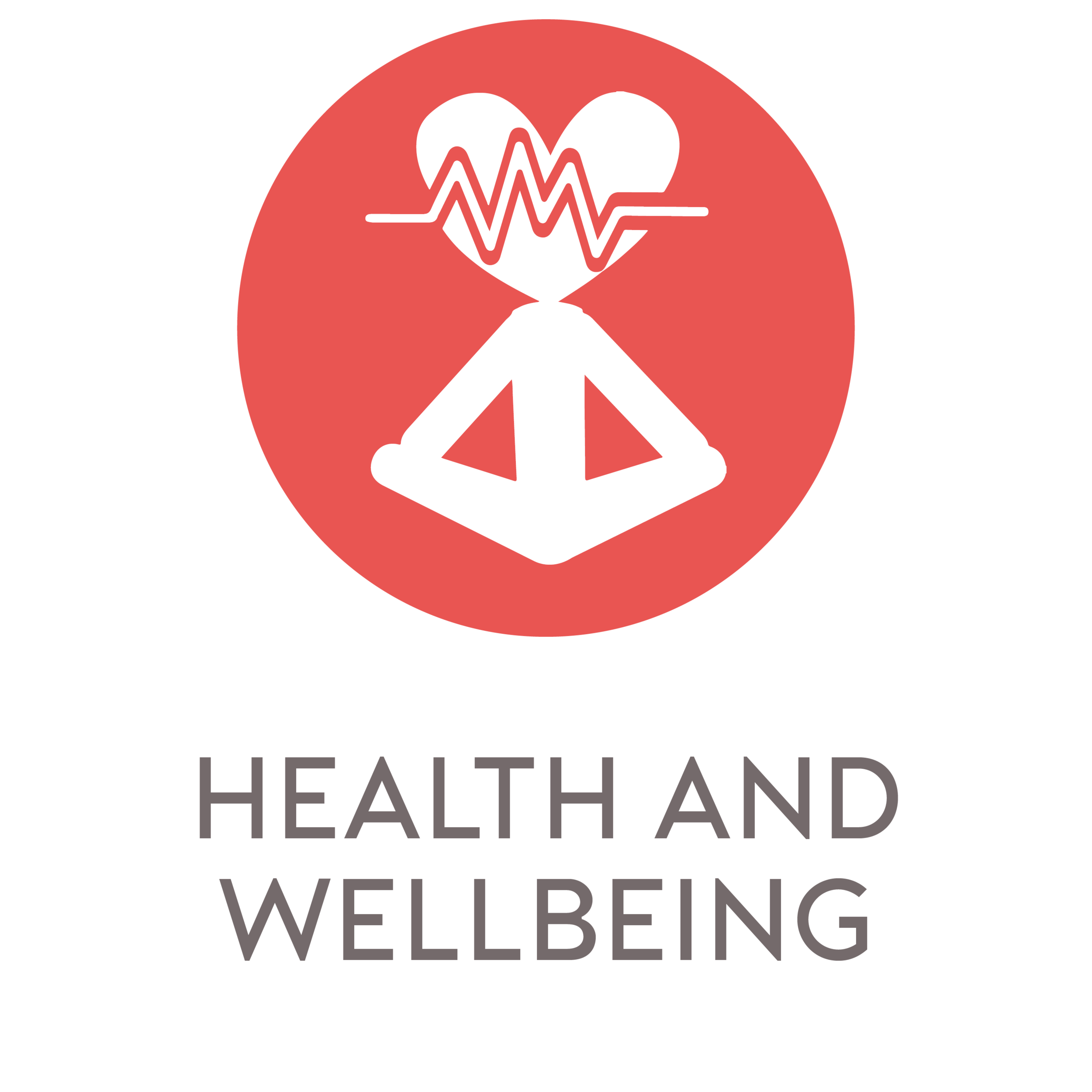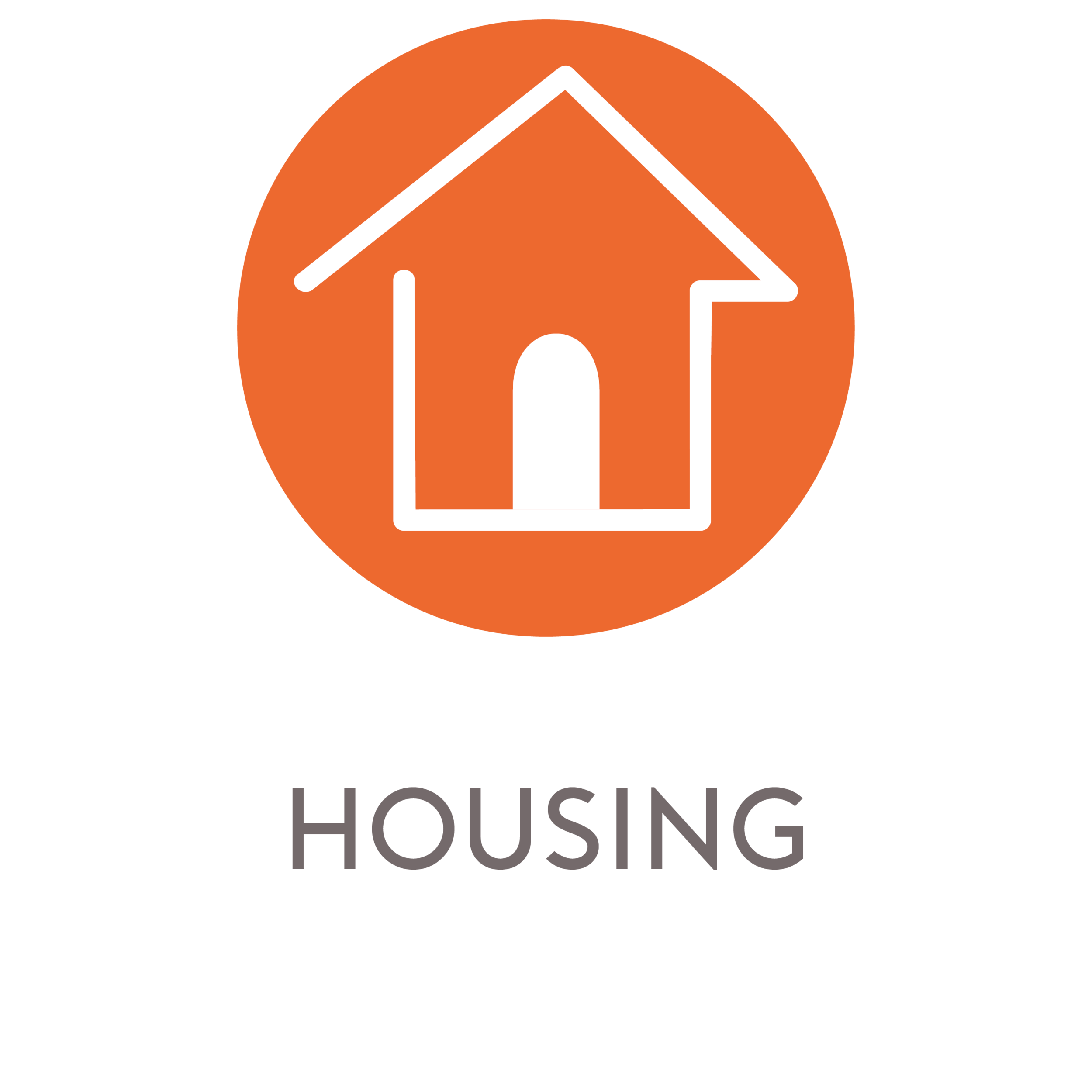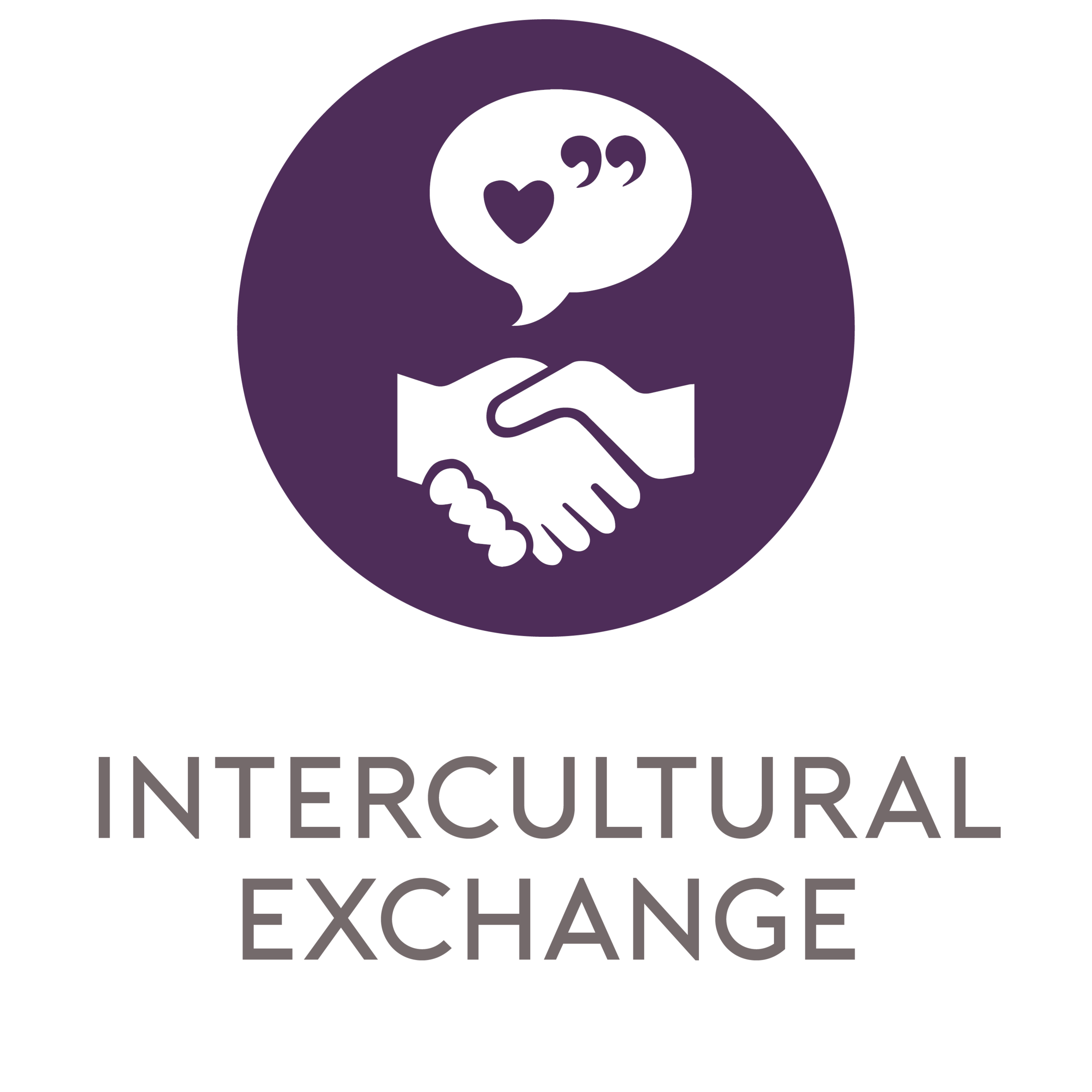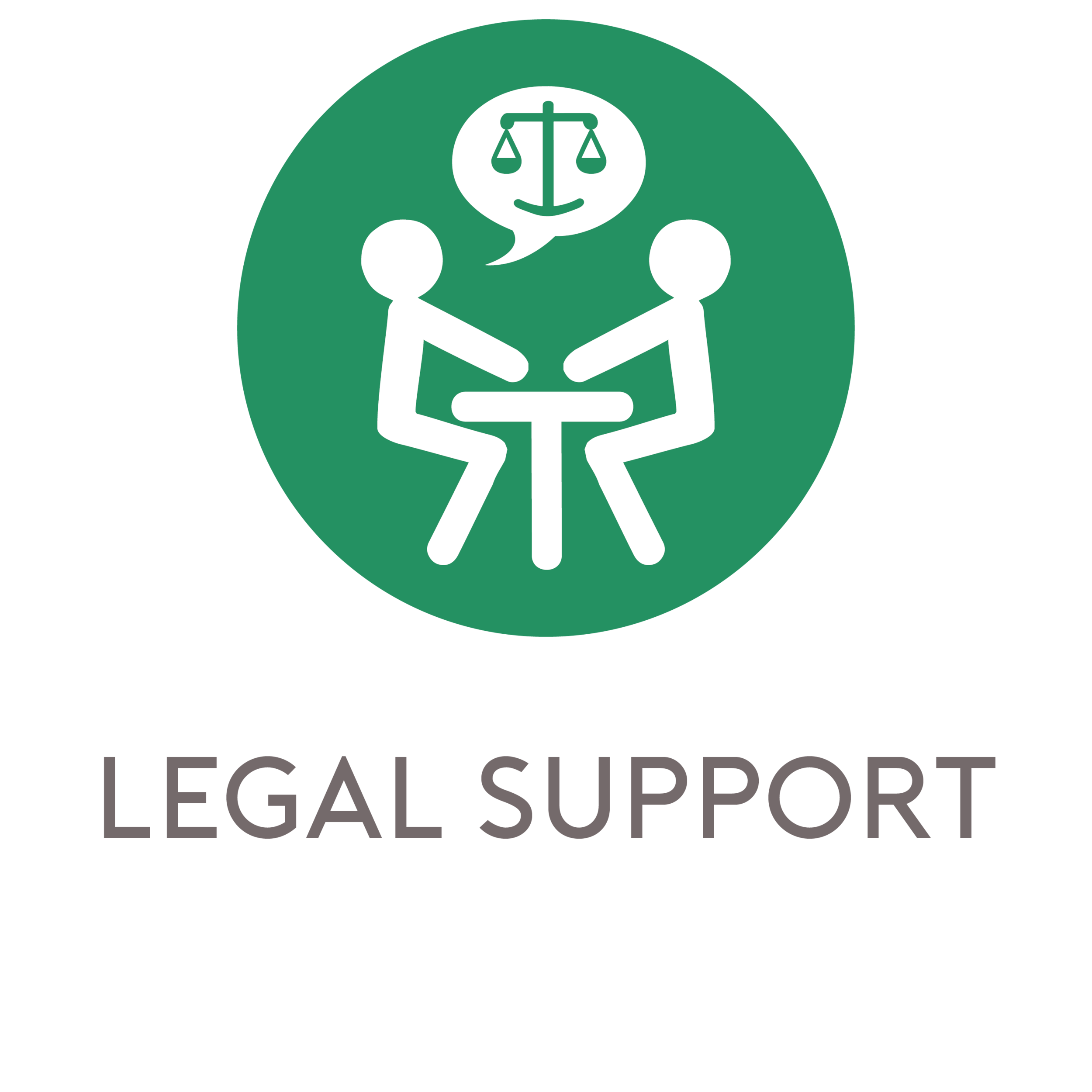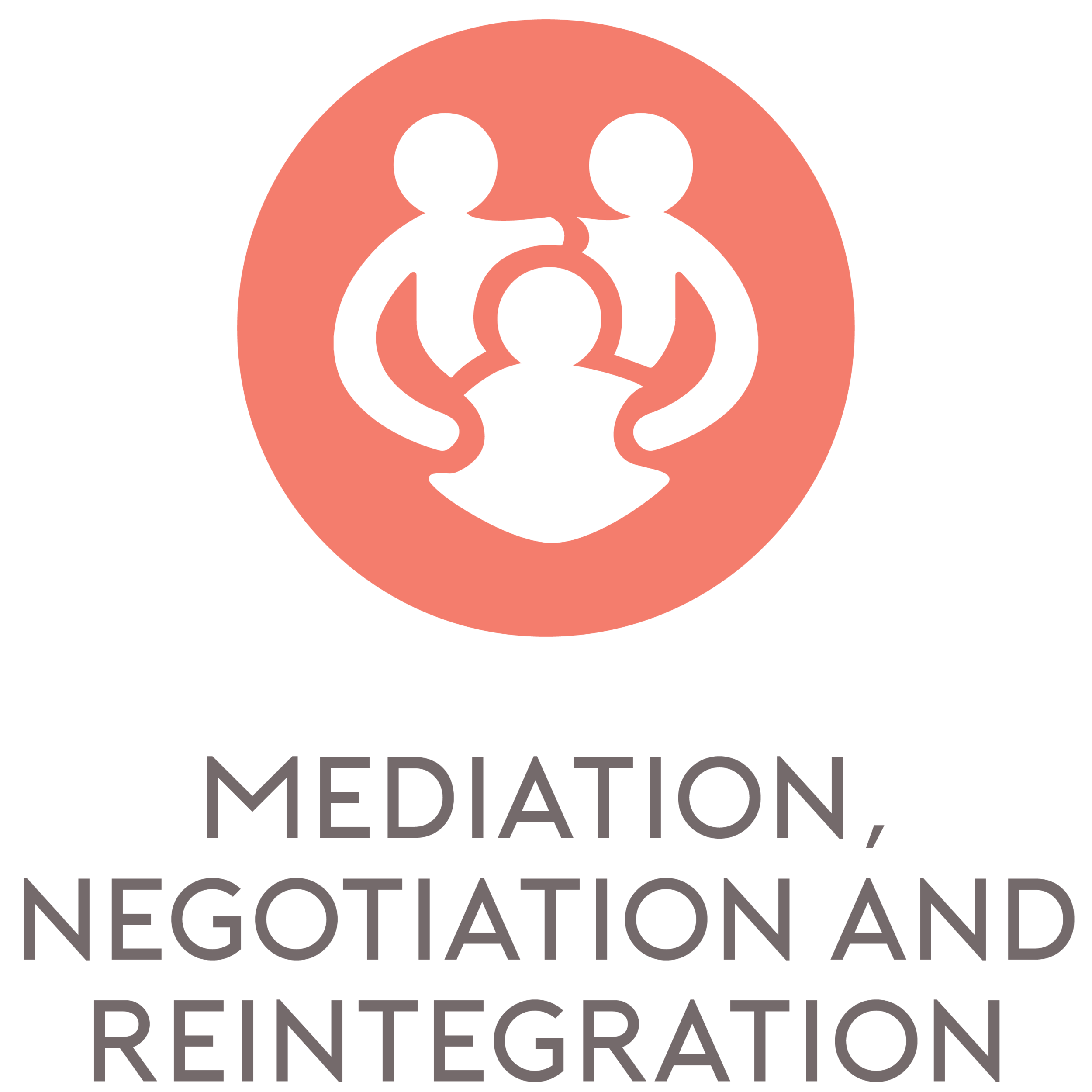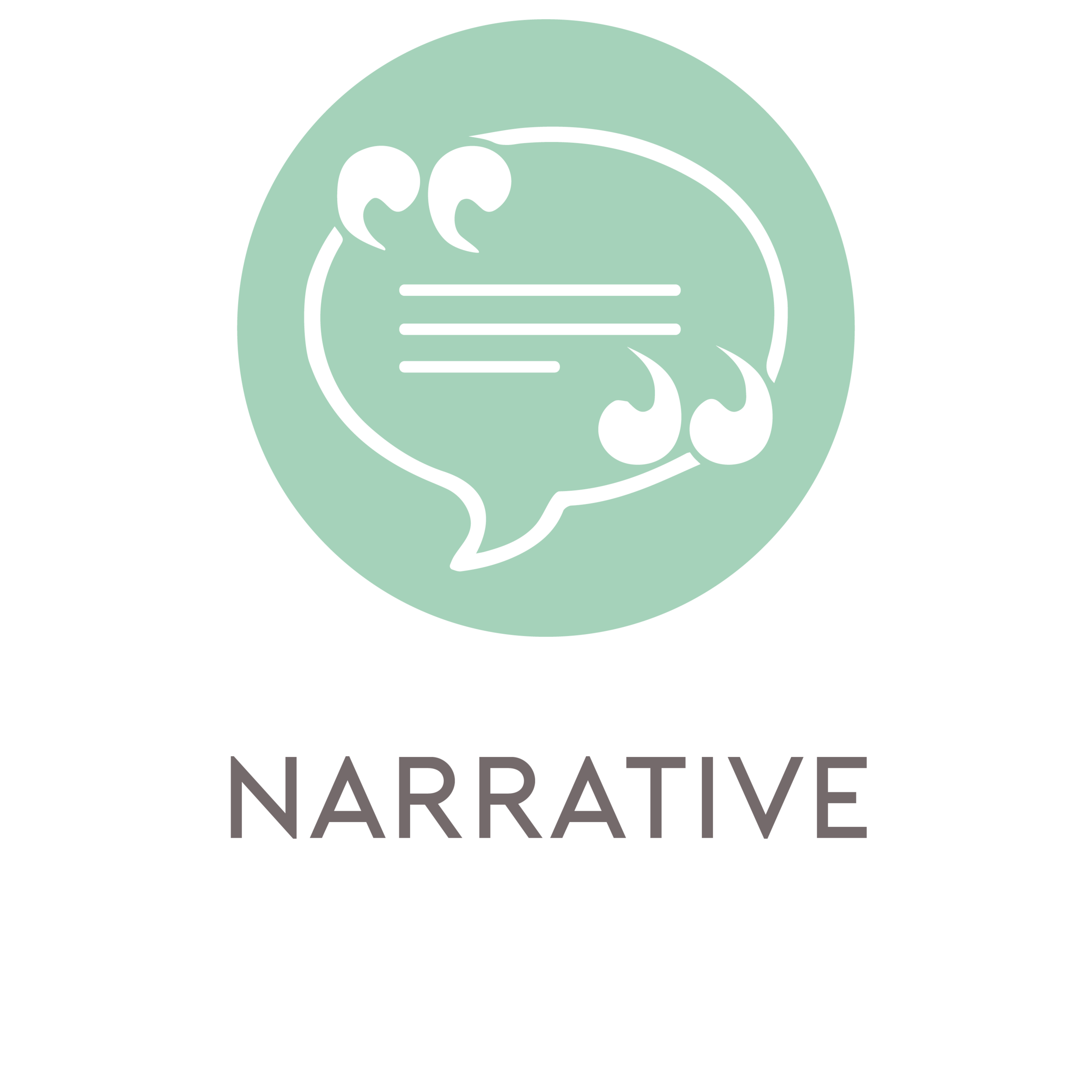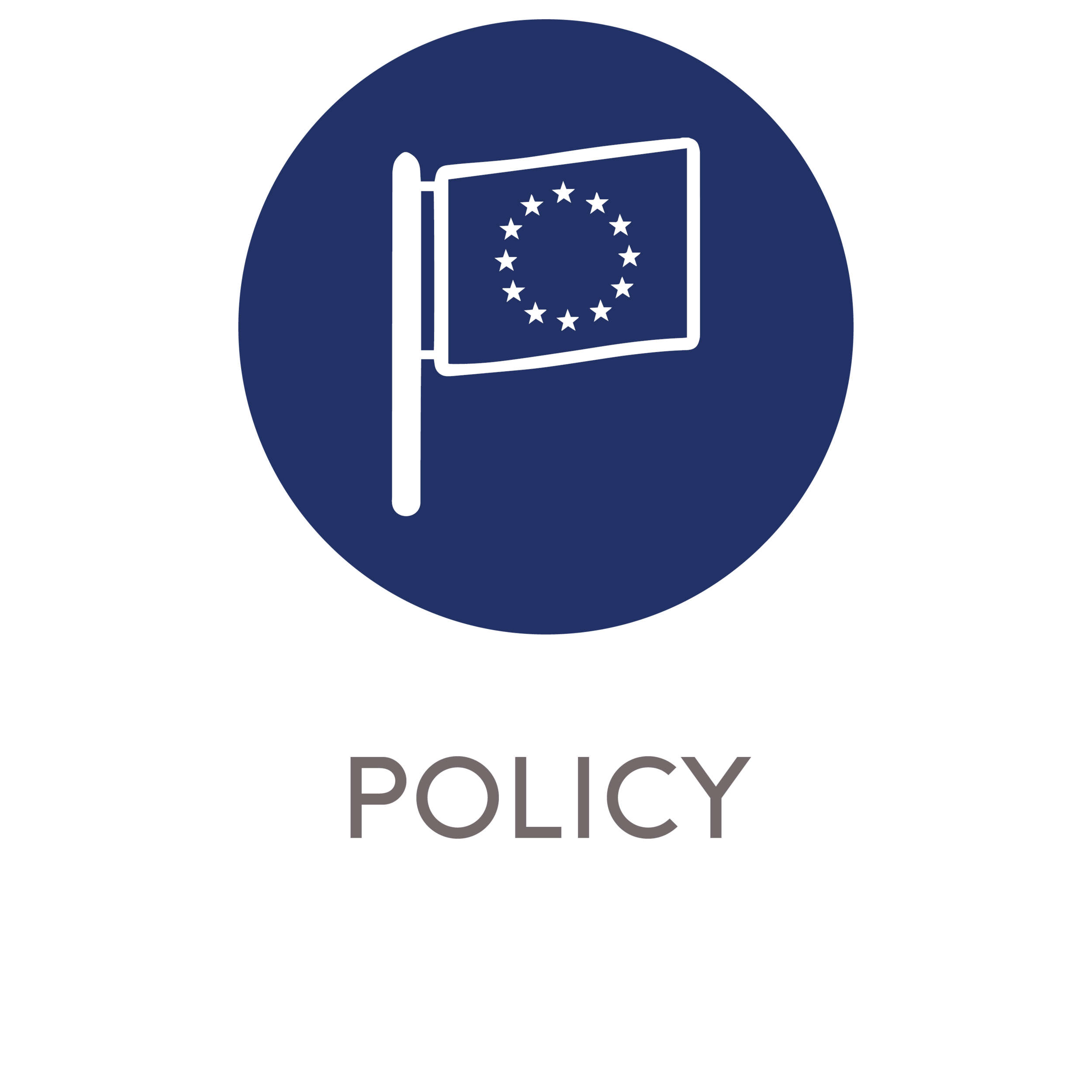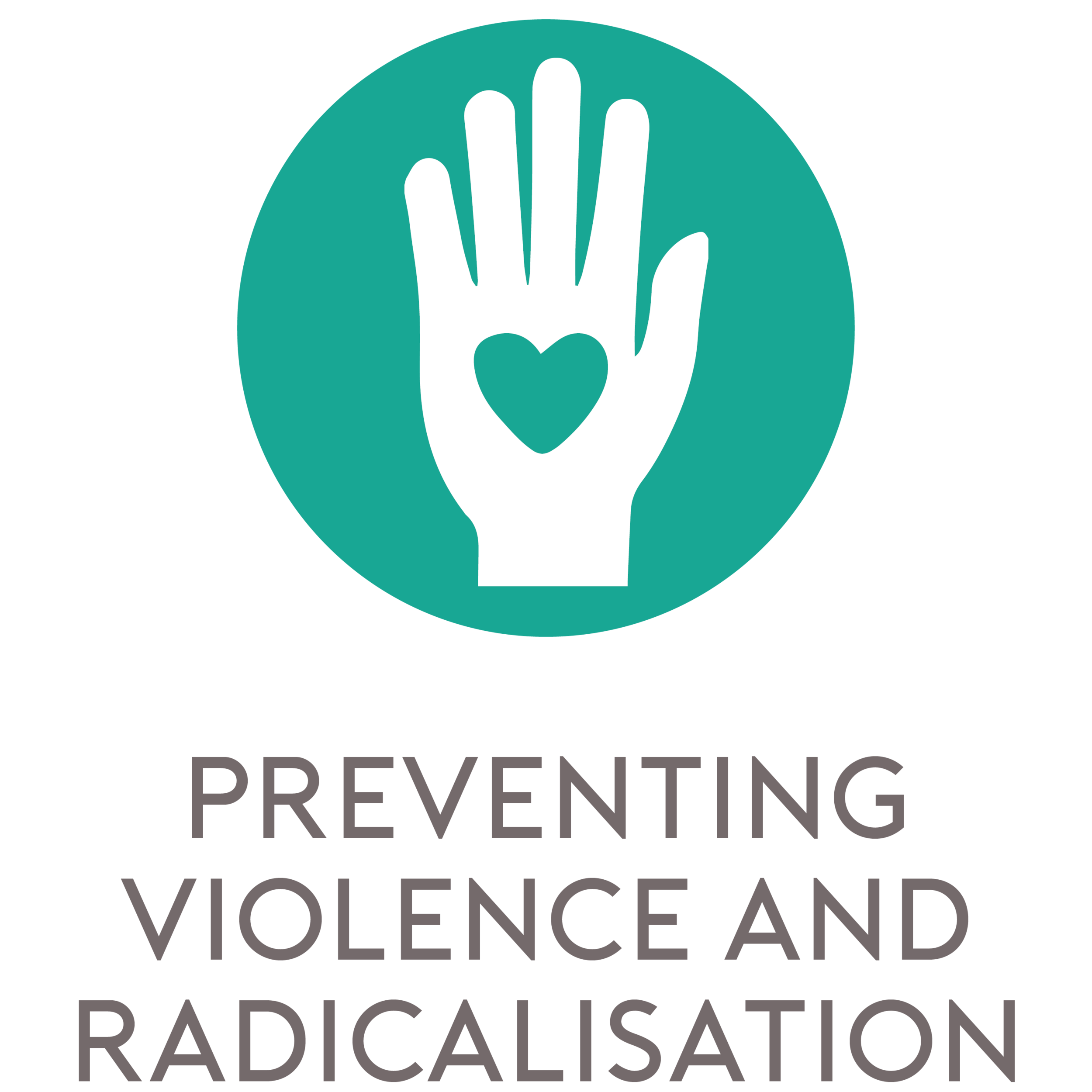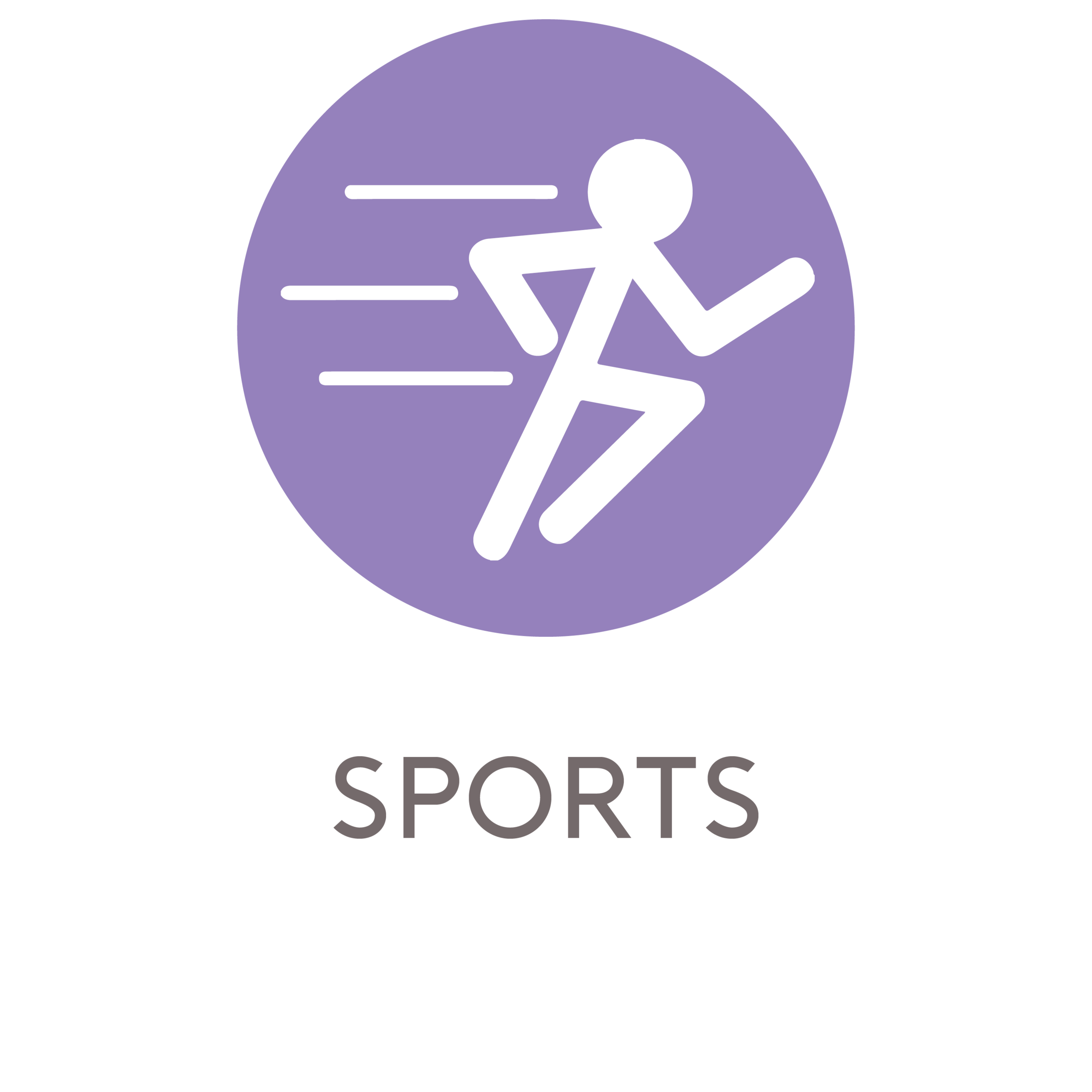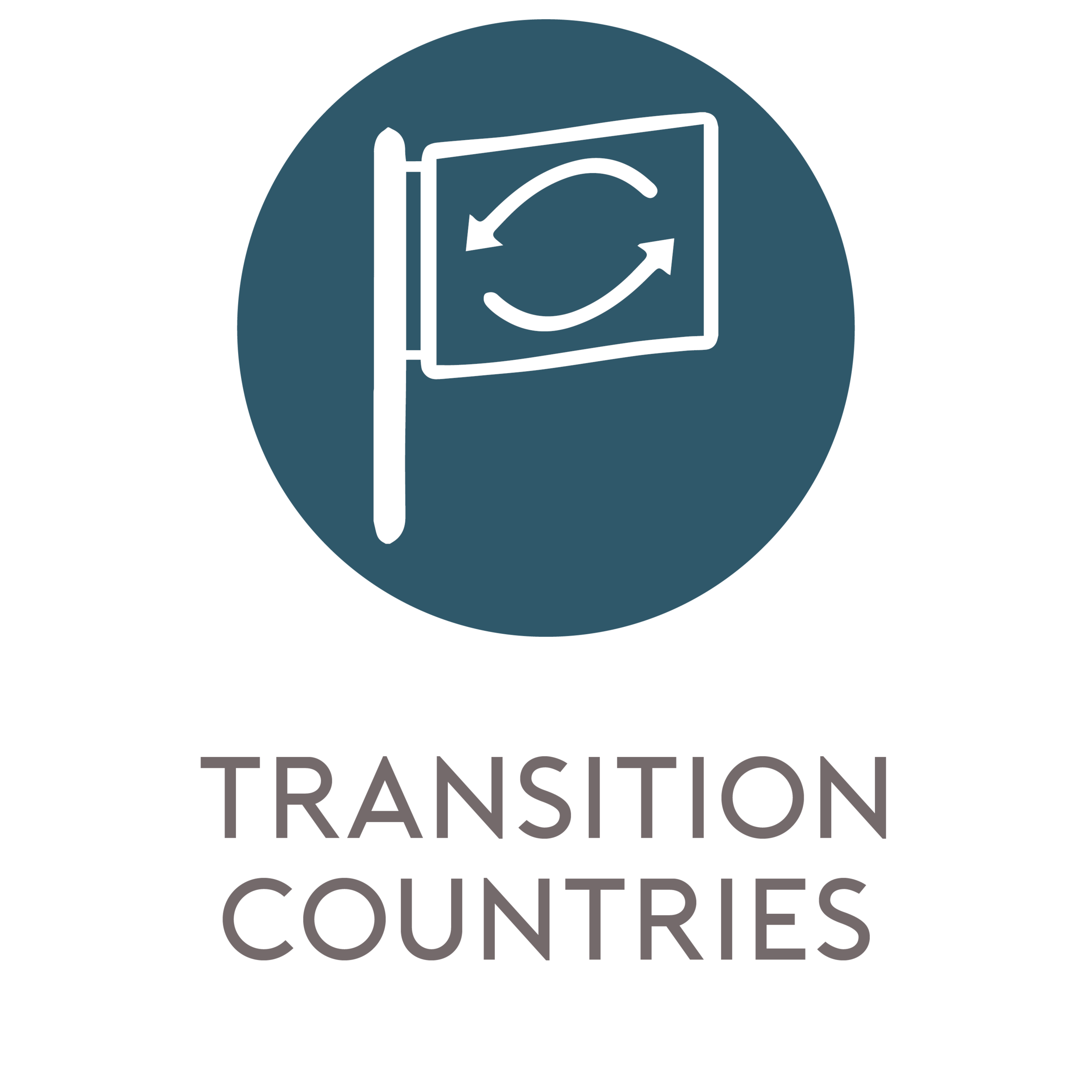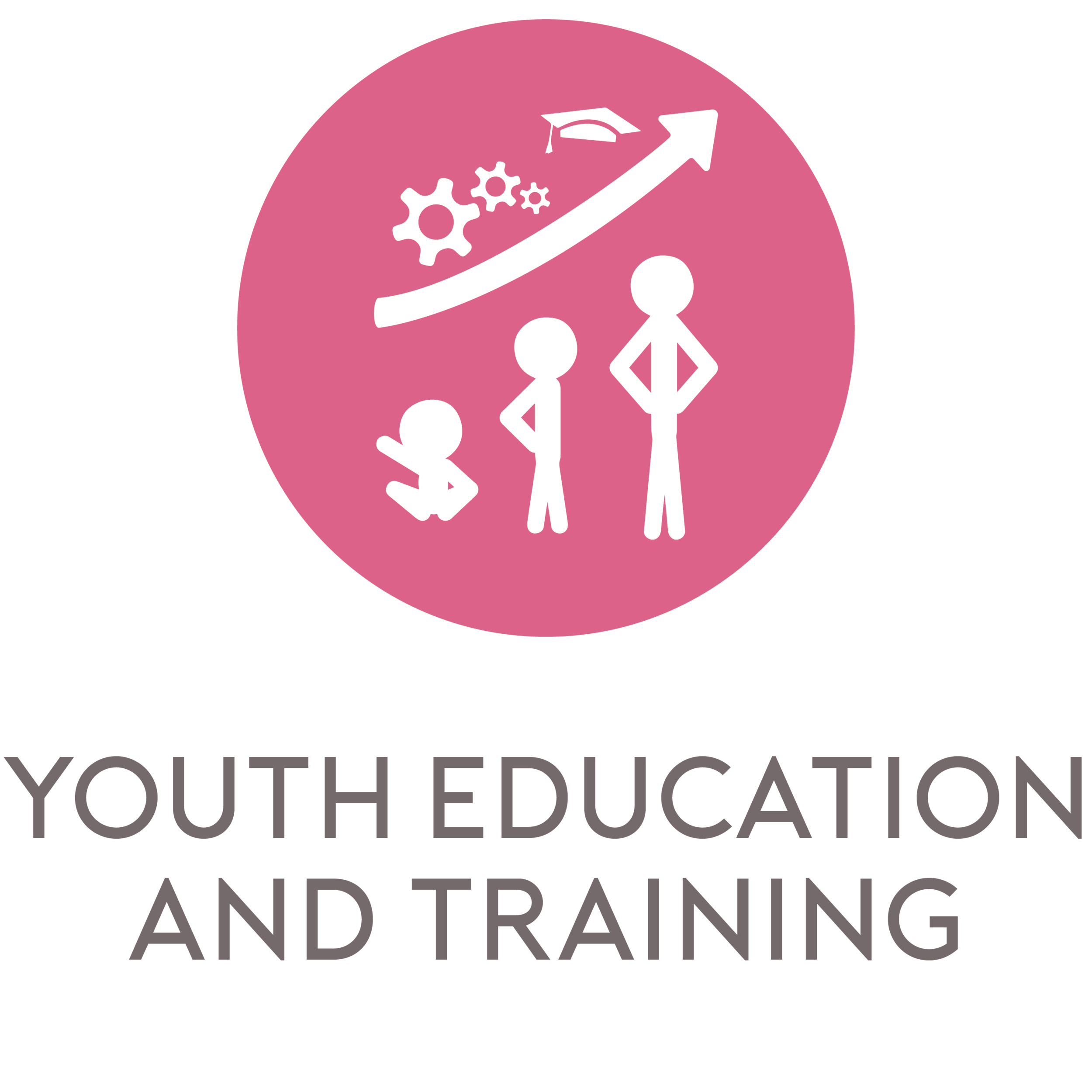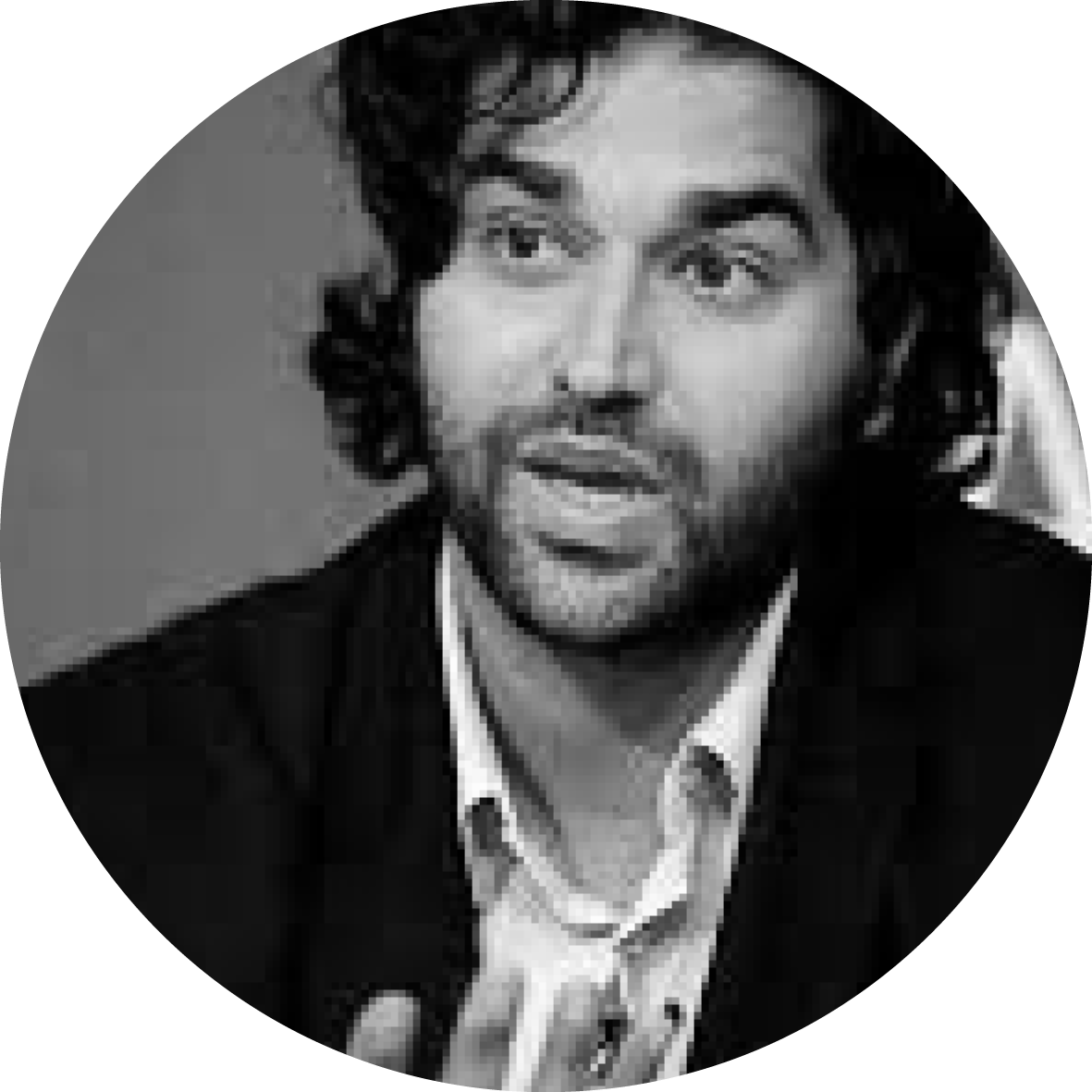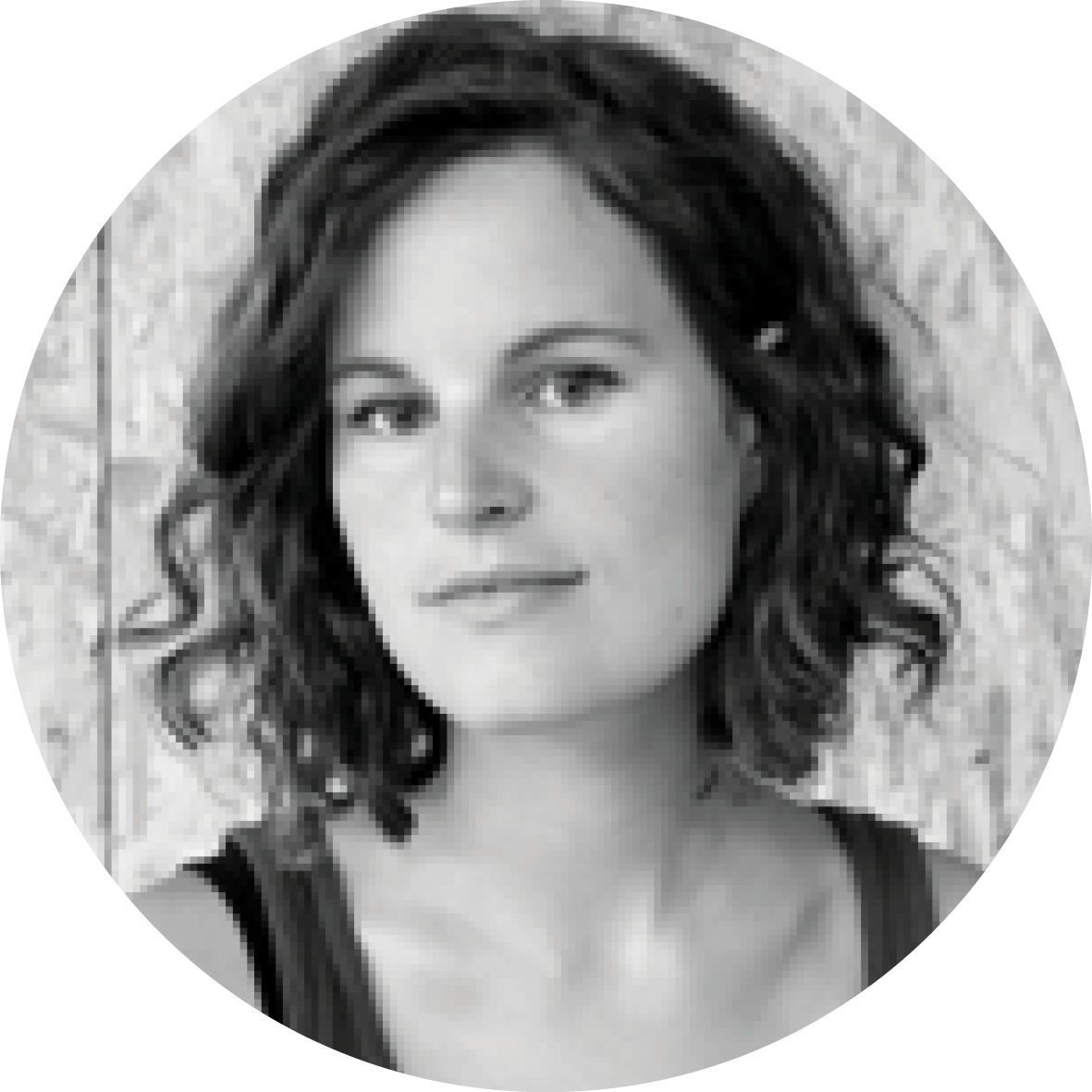+Portfolio of Solutions
―Transition Countries
Kiron Higher Education
Markus Kressler and Vincent Zimmer
The Problem
Not everyone has equal rights and access to education. Refugees and other migrants often do not have access to education in their home countries, and therefore struggle to find suitable jobs in their new places of residence.
The Solution
Kiron Campus is an online learning platform for underserved communities in the Middle East and refugees worldwide. The organisation empowers learners worldwide and equips them with the skills, tools and networks needed for future success. Kiron supports the fourth UN Sustainable Development Goal by enabling access to inclusive and quality education. Additionally, the platform is leading the way to find EdTech solutions for underserved communities. By providing opportunities for education and language learning, Kiron offers students the chance to thrive in their home and/or their host communities.
The Impact
There are more than 150 partners worldwide and over 6000 students enrolled in courses through Kiron. The platform has developed many digital tools for online learning and has played a large role in the lobby for the official recognition of online education.
“Back in Syria, I had always dreamt about studying computer science. Kiron gave me the opportunity to finally fulfil this dream.”
More Than Shelters
Daniel Kerber
Founded by Ashoka Fellow, Daniel Kerber
The Problem
Many people who flee conflict find themselves powerless in unsanitary and often dangerous refugee camps. A displaced person spends an average of twelve years in a refugee camp, originally designed to house people on the move for no more than a year. Current temporary living solutions for flight migrants are inadequate and unsustainable; the housing is often used for much longer than anticipated and does not serve the (long-term) needs of those arriving in the camps.
The Solution
More Than Shelters involves flight migrants in creating sustainable solutions and dignified spaces through ‘integrated humanitarian design’. The project works with flight migrants to transform shelters into places of opportunity, where they can plan the next, positive phase of their lives. This place of survival turns into a place of living, facilitating to individual needs, safety, security and privacy. More Than Shelters gives flight migrants the chance to actively shape their surroundings, through which they become empowered participants instead of passive victims. Projects are set up within three ‘innovation units’, which are the planning office, humanitarian innovation and products. Through these, the project develops camps and arrival centres based on contemporary urban design methods integrating the needs of the different stakeholders, it implements sector-changing innovations and develops technical innovations with refugee communities, NGOs and universities.
The Impact
More Than Shelters has worked with flight migrants in Jordan, Greece, Nepal and Germany. The project has produced innovations such as the DOMO Shelter System and a solar lamp in partnership with external organisations. Through innovation planning, the project has developed innovation incubators that promote the talents of its one million participants in Jordan, the MENA region, and Europe.
Refugee Openware
Dave Levin
The Problem
Increased conflict have led to many displaced communities unable to imagine a future. There is a lack of (support of) humanitarian innovation, as well as a lack of agency of and resources available to affected communities.
The Solution
Refugee Openware is a network of social entrepreneurs united by a common understanding of change and operating through a decentralized governance structure. The project was founded in 2014 by Dave Levin and Dr. Evan Malone (Founder of NextFab and NextFab Foundation). It sets out to channel opportunities enhanced or created through advanced (use of) technologies to those who need it most. New technologies – currently inaccessible for or unavailable to displaced communities – can enable individuals in these communities to take on the personal and collective challenges. The project aims to help these communities to feel connected to the future and empowered to rebuild the shattered world around them.
The Impact
#MeWe International Inc
Mohsin Mohu Ud Din
The Problem
Each young person is a carrier of innovation, hope and changemaking, but not everyone gets the opportunity to discover and exercise this as a power. One of the biggest threats to peace and development are generations of youth who are not being activated as communicators, creative leaders, and changemakers. Consequently, many young people become victims of alienation, depression, and sometimes violence or extremism.
The Solution
#MeWe International Inc. uses the processes of strategic communications and storytelling as tools for healing, empowerment and community building. While grounded in a social entrepreneurship framework, the #MeWe storytelling programme for young changemakers intentionally integrates therapeutic frameworks. These are borrowed from narrative therapy and logotherapy, and help focus more specifically on self-awareness, trauma recovery, restoration of control and agency in a context of perceived powerlessness. In the process of collaborative storytelling, the #MeWe methodology enhances spaces for internal, interpersonal, and community communication. These are the ingredients for sustainable peace and development that youth and young refugees are not able to exercise and live out in traditional education programs and status-quo youth engagement.
The Impact
The project trained Syrian refugees to replicate the storytelling and changemaker programme to youth and parents, reaching out to 1,500 people by August 2018. Its partners include Questscope, which is hosting Me/We inside the Zaatari refugee camp, and the NGO DARB-Syr, which is leading #MeWeSyria in Turkey. Previous phases of MeWe were supported by the German Government and Ashoka’s Youth Venture. The programme has received awards and recognition from SOLVE MIT, UNHCR Innovation and Open IDEO.
Habibi.Works
Founded by Florian Horsch and Mimi Hapig, Represented by Mimi Hapig
The Problem
While waiting for their interviews and the decisions within their asylum cases, thousands of men and women are stuck in a limbo for years, without access to formal education, to the labor market, to psychological support, to the society. The circumstances people have to encounter when living in a refugee camp create countless challenges on a practical and on an emotional level. Families who have been separated can’t function as a system of support, young adults lose the chance to receive a formal education and thus the perspective of living a free and independent future, people who suffer from mental health issues can’t begin to work on their well-being and the lack of income forces hundreds of people into precarious and non-formal working situations.
The solution
Within a context in which most doors remain closed for refugees and asylum seekers, Habibi.Works offers paltforms for education, empowerment and encounters. In 11 working areas, from a classic carpentry over a textile atelier up to advanced technology in our MediaLab, people living in the refugee camps of Epirus and members of the local community can build whatever it is that is lacking in their daily life, repair things that are broken, share knowledge, gain new skills, break the label of being helpless and take first, important steps of the integration process.
The Impact
Since the beginning of the project, Habibi.Works has accompanied more than 3000 persons (and thus indirectly improved the situation of up to 9000 people) in the period of their first 18 months in Greece. The impact of the project can be observed on the following five levels: Through offering free materials, tools, know-how and space to build or repair items that are needed in the daily life of the target group, Habibi.Works has massively contributed to the improvement of people’s living conditions. On a second level, Habibi.Works offers access to non-formal and informal education for people who are, for various reasons, excluded from or unable to attend formal education in Greece, allowing them to follow up on topics and fields of their interest in which they gain skills that will facilitate their future entry into the labor market. On a third level, Habibi.Works has a huge impact on people’s mental health and well-being. In Habibi.Works, people can get rid of the label of being a refugee, of being reduced to this one aspect of their biography, and be carpenters, IT epxerts, designers, chefs and many other things again. The feeling of achievement on a daily basis and the opportunity to redefine their own identity is a crucial element of empowerment and well-being. On a fourth level, Habibi.Works is a welcoming platform for people from many different countries, bringing together and creating a community among people from different African, European, Asian countries and Greece. Besides these four levels of impact on the ground, Habibi.Works is raising awareness all across Europe for the challenges people in Greece are confronted with, but also for their resilience and their talent and for the fact that they could be an enrichment for our society if we created structures that allowed them to integrate.
Office of Displaced Designers
Founded & Represented by Shareen Elnaschie
The Problem
Lesvos has been an important landing point on the European migration route for those escaping war-torn countries and has seen high numbers of new arrivals to the island. The influx of refugees and migrants has put strain on an already struggling economy. There is widespread suspicion surrounding the humanitarian response and their motivations, and multiple levels of resentment. Relations between the two communities are strained, with poor communication and a distinct lack of cultural understanding. There are limited opportunities for employment or connection between communities, and we see that as an opportunity.
The Solution
Office of Displaced Designers is a design focused creative integration agency that utilises design to bring diverse people together to share skills, undertake research and co-create a more equitable and inclusive society. Our activities focus on the built environment, protection issues and cultural understanding, which we explore through a variety of design disciplines.
The majority of those we work with are displaced. However, we ensure that our programs are offered equitably to both the displaced and host community. Our studio serves multiple functions for co-working and hosting events and exhibitions. We strive to elevate the work of participants and challenge common perceptions of who a designer or artist may be, and who is a refugee.
The Impact
Since establishing in 2016 we have directly engaged more than 1200 individuals through approximately 100 collaborative workshops, trainings and events. Thousands more have enjoyed the works created. Participants are connected to a network of creative professionals and are supported to develop portfolios of work in order to access further education and employment. Improved mental wellbeing and increased confidence are regularly cited as additional benefits.
We have worked with diverse international partners including Danish Red Cross, the International Federation of Red Cross, metaLAB (at) Harvard, and Oxfam.
Social Hackers Academy
Founded by Damianos Vavanos & Represented by Aggelina Mila
The Problem
It is identified that technology’s tools and capacities tend to dominate our everyday life (personal, professional), due to the digital transformation that Greece is going through. In the context of social inclusion, due to digital skills’ shortage, social vulnerable groups face to a greater extent the risk of not joining this tech revolution and find their place in the tech industry, preventing their exclusion. People that are disadvantaged, physically, mentally and socio-economically, and don’t enjoy the same opportunities as other citizens, are considered as vulnerable groups.
If social vulnerable groups keep falling behind on the digital and technological developments, they will not only be unable to process information and be active citizens, but also they will be unable to acquire a job that will help them become financially sustainable and integrate in the society.
To sum up, the existence of social vulnerable groups in Athens, along with the high unemployment rates in Greece, the need is identified: to bridge the gap between the general lack of digital skills, the unemployment rates, the increasing rate of the Greek digital economy and the threat of exclusion of vulnerable groups in the Greek Society.
The Solution
Accessing the Market Need, its derived that, the acquisition of digital skills is quite necessary, in order to be an active part of the society. Otherwise social and professional exclusion, will be inevitable. Building on the digital skills and with adequate support to access their rights to employment refugees, migrants and unemployed can not only regain confidence and self-esteem but also integrate into the economic and social fabric of the host society.
In Social Hackers Academy (or SHA), we aim to integrate people that belong to social vulnerable groups (refugees/migrants/unaccompanied minors) in the society. We achieve our mission by educating these people, through training seminars and workshops in digital skills, as people that remain digital illiterate, are facing the risk of remaining unemployed. Hence, through educational programs, we can empower them to integrate in society, by getting job placement in Greece and abroad. Our goals through this program is to eliminate Digital Illiteracy.
The Impact
Through SHA’s programs, graduates will have gained practical experience & expertise in basic computer skills and in coding and will be able to work as developers, having learnt 7 programming languages (eg. HTML/CSS, JavaScript, React). They will have also developed their soft skills, preferred from tech recruiters. Also, through this course we aim to increase awareness over unemployment rates among refugees & migrants and the potential of reskilling unemployed, in order to integrate in the job market and therefore in the society.
Since, its establishment SHA has educated more than 150 people in IT Skills, while 29 of them have been placed as developers, in the IT Industry. We have built partnerships with 30 NGOs, while we have expanded our educational models in other Greek & EU Cities.

